Description
Dead Europe 2012
1h 24min | Drama | 14 December 2012 (UK)
Storyline:
A young photographer transporting his father’s ashes from Australia to Greece comes to learn that something sinister happened in his family’s past involving a young Jewish boy. Despite an effort to distract himself with a mix of random sex and drugs, Isaac’s world begins to unravel as he realizes that he cannot escape the ghosts of the past.
User review:
Christos Tsiolkas’ 2006 novel “Dead Europe” was a chilling tale of a young Australian photographer bringing his father’s ashes back to his native Greece, where he begins to have some otherworldly experiences. Being Jewish, gay, and of Greek descent, the Aussie author weaves his own sexual and spiritual beliefs into the character of Isaac to craft a thoroughly believable narrative that resonated with readers worldwide.
Turning this award-winning book into a movie involved a set of serendipitous circumstances, as director Tony Krawitz explained in the Q&A following the screening here in Toronto. He got a call from his producer Liz Watts, telling him about a book by an Australian author that would make a good motion picture. In fact, Krawitz had just read Tsiolkas’ novel a month earlier but Watts had no idea. It was one of those rare moments that could only be labeled “fateful.” Adapting the book for the screen was the next challenge. Louise Fox, a hugely successful writer of over 100 Australian television movies and series episodes, was called upon to craft the script. The resulting film is a triumphant followup to director Tony Krawitz’s 2005 feature debut “Jewboy.” The picture contains some of the same frightening thematical elements as in Stephen King’s novella “Apt Pupil,” which director Bryan Singer turned into a controversial feature film in 1998 with Ian McKellan and Brad Renfro. But in “Dead Europe” the atrocities of World War II, most notably involving the treatment of Jews and gays, combined with Eastern European traditions of curses and mysticism, produce a much more chilling narrative a la Hitchcock and Serling than the Singer work with its notorious but subtle homoerotic undertones. Krawitz takes the paranormal aspect a giant leap further, along with a more overtly sexual storyline, resulting in an unflinching, often painful examination of one man’s sad descent into the present-day horrors still being visited upon Europeans today, ostensibly as a result of their (and/or their descendants’) past actions.
The film’s success relies on the delicate pas-de-deux between Ewen Leslie as Isaac and Kodi Smit-McPhee as Josef, an enigmatic youngster who mysteriously wanders in and out of the Australian’s increasingly-puzzling encounters. Leslie appeared in Krawitz’s previous feature “Jewboy” and is an Aussie television veteran. He’s in virtually every scene and captivates the screen with his swarthy aggression and self-confidence. Smit-McPhee wowed audiences as the boy Viggo Mortensen takes under his wing in “The Road” and as the naif Owen in “Let Me In,” director Matt Reeves’ American adaptation of the 2008 Swedish hit “Let the Right One In.” The critical role of Josef, who had to be played by a young teen dealing with some very adult issues, went to Smit-McPhee on the basis of a series of Skype calls. Kodi convinced Krawitz that he was mature enough to tackle the provocative role. A paucity of dialogue means the actor’s eyes need to say more than any words can, and few are better at that than him. A lesser actor would have stopped short of the dramatic edge he deftly walks, and Smit-McPhee turns in a tour de force performance that will haunt the viewer long after leaving the theater.
“Dead Europe” is a technical wonder to behold, with surprisingly high production values atypical of the grainy, cold appearance often found in Eastern European cinema (it’s an Australian production but is set and shot on location). Clever interplays of light and shadow help mask the hidden dangers that lurk beneath. State of the art visual effects are employed, albeit sparingly, to help peel away the many layers of the strange world Isaac unwittingly discovers. Music supervisor Jenna Burns helps create a perfectly balanced genre soundtrack that adeptly weaves themes of horror with classic psychological thriller beats.
Germain McMicking’s cinematography combines claustrophobic hand-held closeups with breathtaking exterior shots from Australia to Athens to Paris to Budapest, composing a European travelogue that both entices and frightens in the same moment. Numerous point-of-view shots help create tension and build paranoia, as the captivated viewer is drawn into Isaac’s terrifying territory.
This is a uniquely European story to the extent that those residing there, more than anywhere, are living with the ghosts of the past. If the sins of the fathers shall be visited upon the sons, it will happen in countries like Greece and France and Hungary, which gives the film a unique authenticity that’s firmly rooted in historical reality. That chilling fact alone makes Isaac’s journey credible enough to instill fear in the hearts of anyone who believes our actions may come back to haunt us. “Dead Europe” brings us into a world from which we cannot escape.
Director: Tony Krawitz
Writers: Louise Fox, Christos Tsiolkas (novel)
Stars: William Zappa, Ewen Leslie, Eugenia Fragos
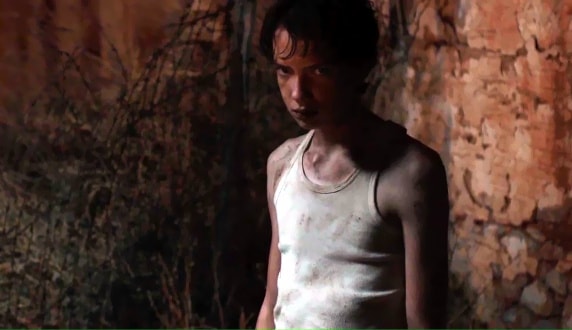
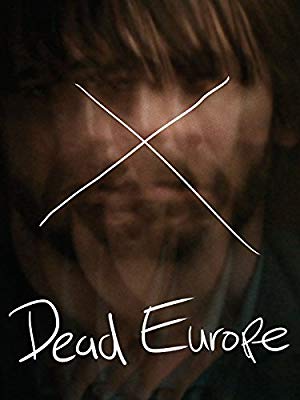
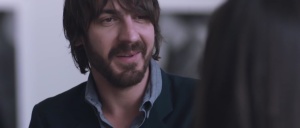
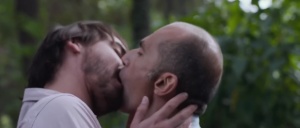
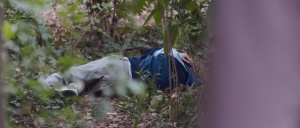
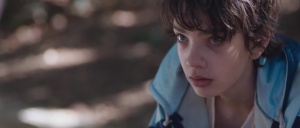
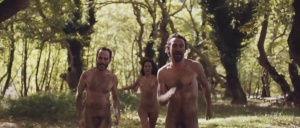
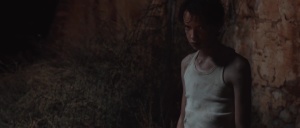
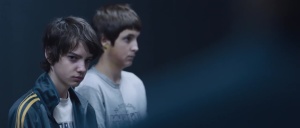
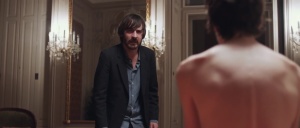
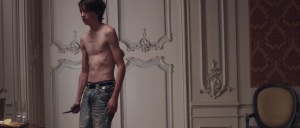

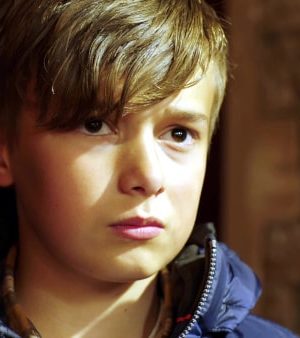
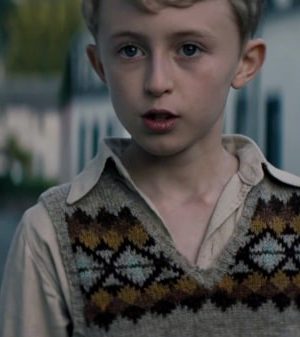
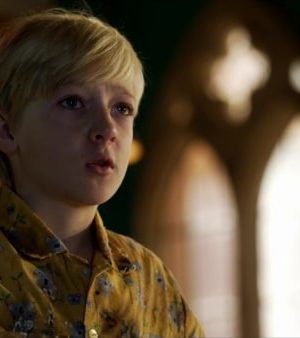
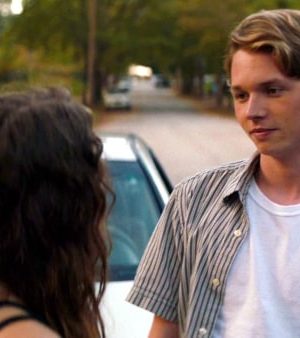


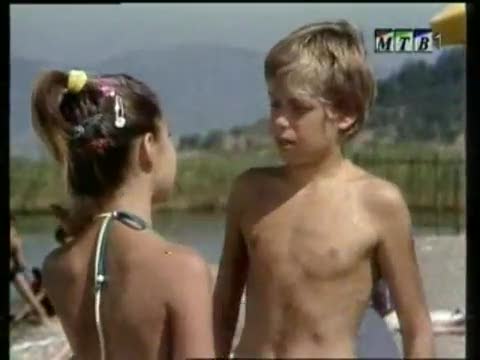
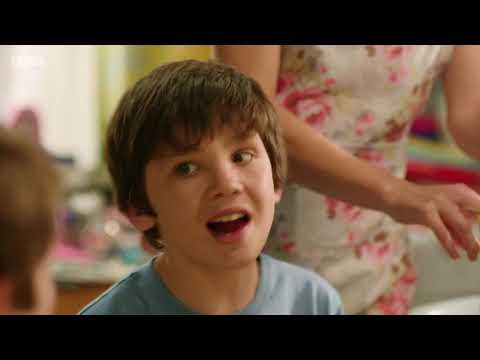
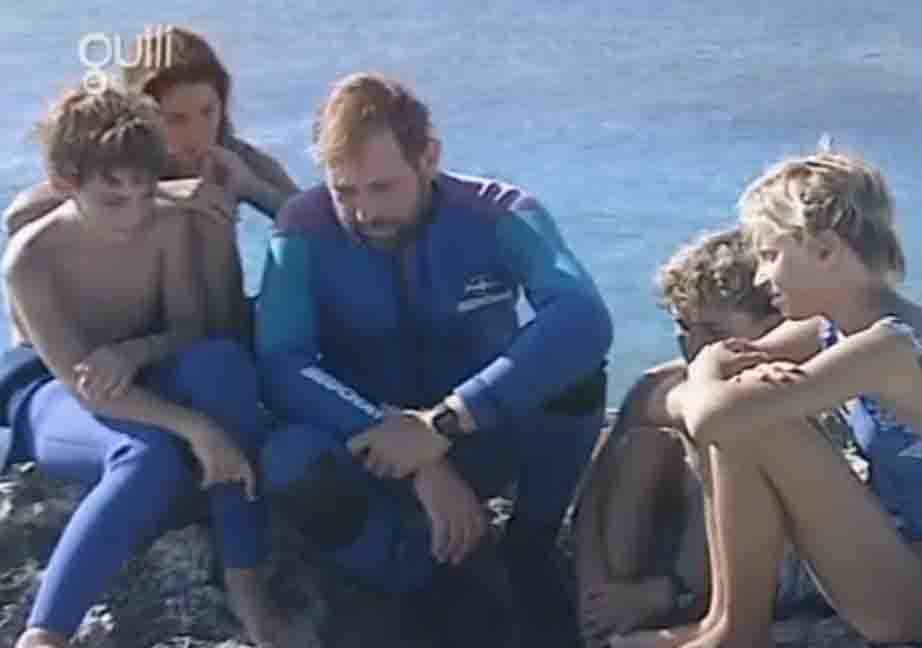
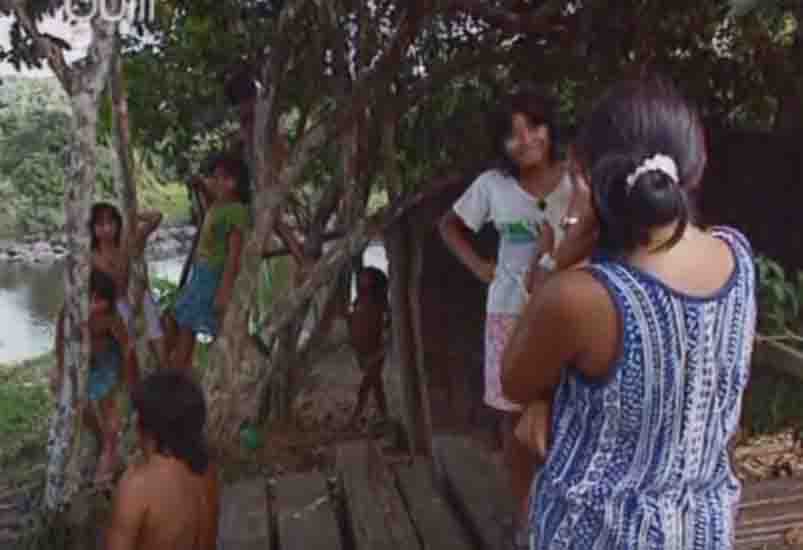
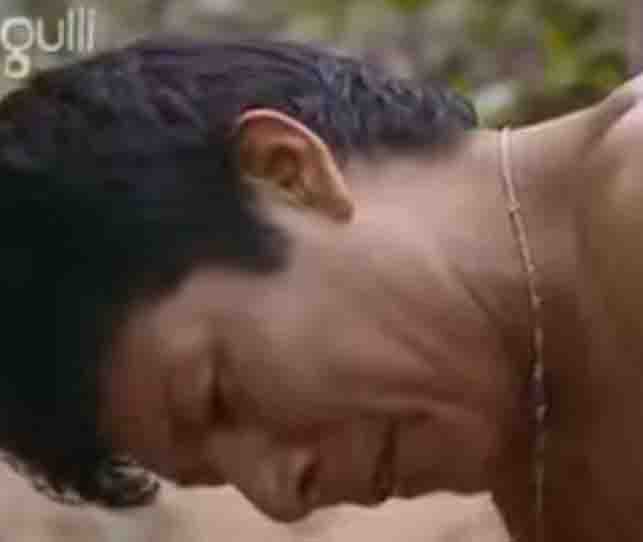
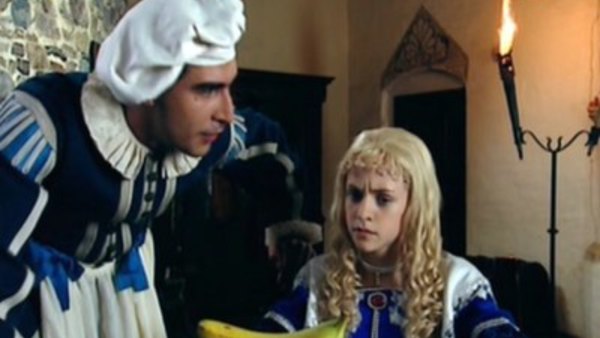
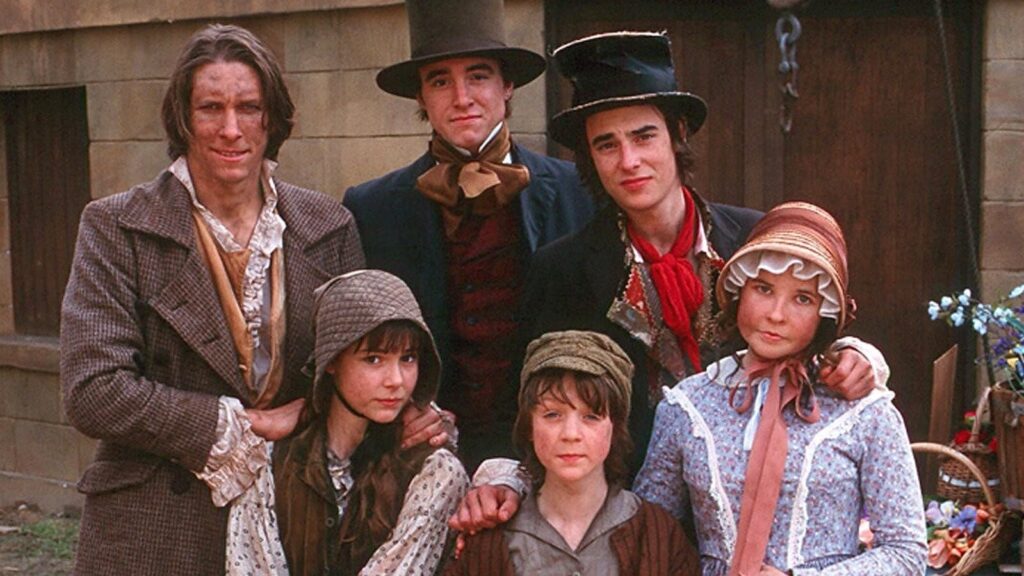
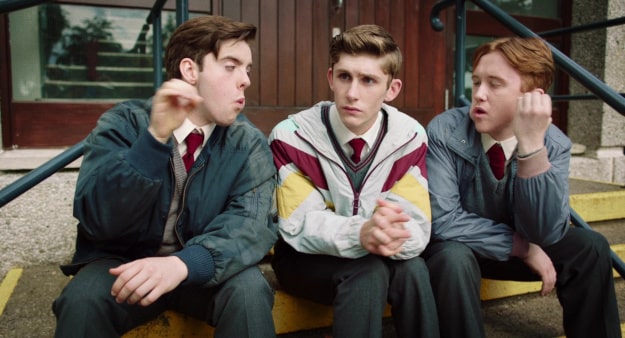
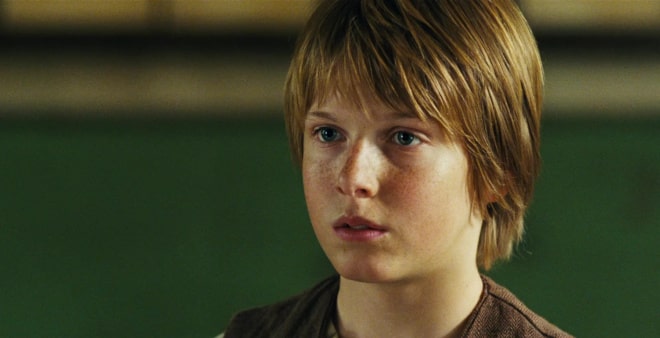
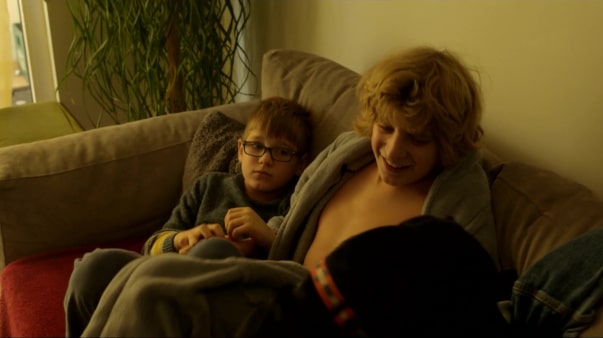
FRANS P. (verified owner) –
Director Tony Krawitz demonstrates again his talent and feeling for subtleties after his rather short movie “Jewboy”. I appreciate his work a lot.
allan (verified owner) –
no problem with playback quality nor with subtitles. good value